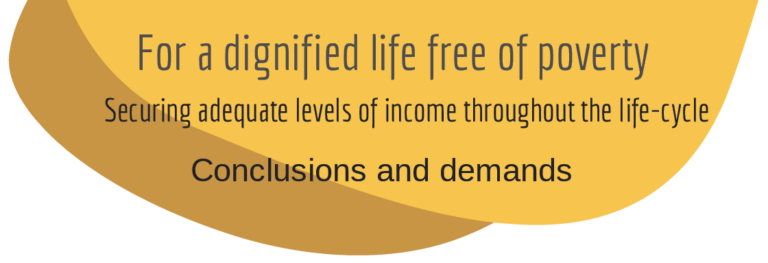The EWL contributed to the organization of the Seminar on Women’s Health/Gender and Health organised by the European Commission Directorate General for Health and Consumers which took place in Brussels on 7 July 2010.
The aim of the seminar was to feed into European policies on gender equality and health. The seminar comprised 4 workshops on mental health, ageing and reproductive health and rights. The EWL coordinated the workshop on ‘Lifestyles’ during the seminar, to which we invited representatives from different European and Belgian Non-Governmental Organizations. The EWL linked ‘Lifestyles’ with socio-economic determinants. For example people in lower income strata are more likely to smoke, eat fewer fruits, and live in less green areas. In fact, therefore, lifestyle is mainly not the matter of choice/ personal responsibility that we are often presented with. We therefore need to put these issues of health and lifestyle in the context of the ever present and ever dominant structural inequalities which produce different experiences for women and men.
Gender inequalities must be recognized as fundamentally structural inequalities which directly effect and are affected by health. Stereotypes, resulting from these structural inequalities, are vital to work on and challenging in order to achieve change. The recommendations resulting from the EWL workshop, also building on the EWL Position Paper on women’s health, related to the need for:
- Coherent Gathering of Knowledge, including the comprehensive gathering of statistics disaggregated at least by sex and age; research and specific studies and cases that will target and involve specific groups of women.
- Coherence of Policies: and the fact that health mainstreaming should take place from a gender equality/ women’s needs perspective.
- Access to Health for all women, including access to information and affordability as well as targeted measures for different groups of women and the education of all relevant stakeholders including on the basic right to sexual and reproductive health; and
- Violence against women, as a serious fundamental rights violation based on structural inequalities between women and men, which should be integrated as a horizontal issue in health policies.





